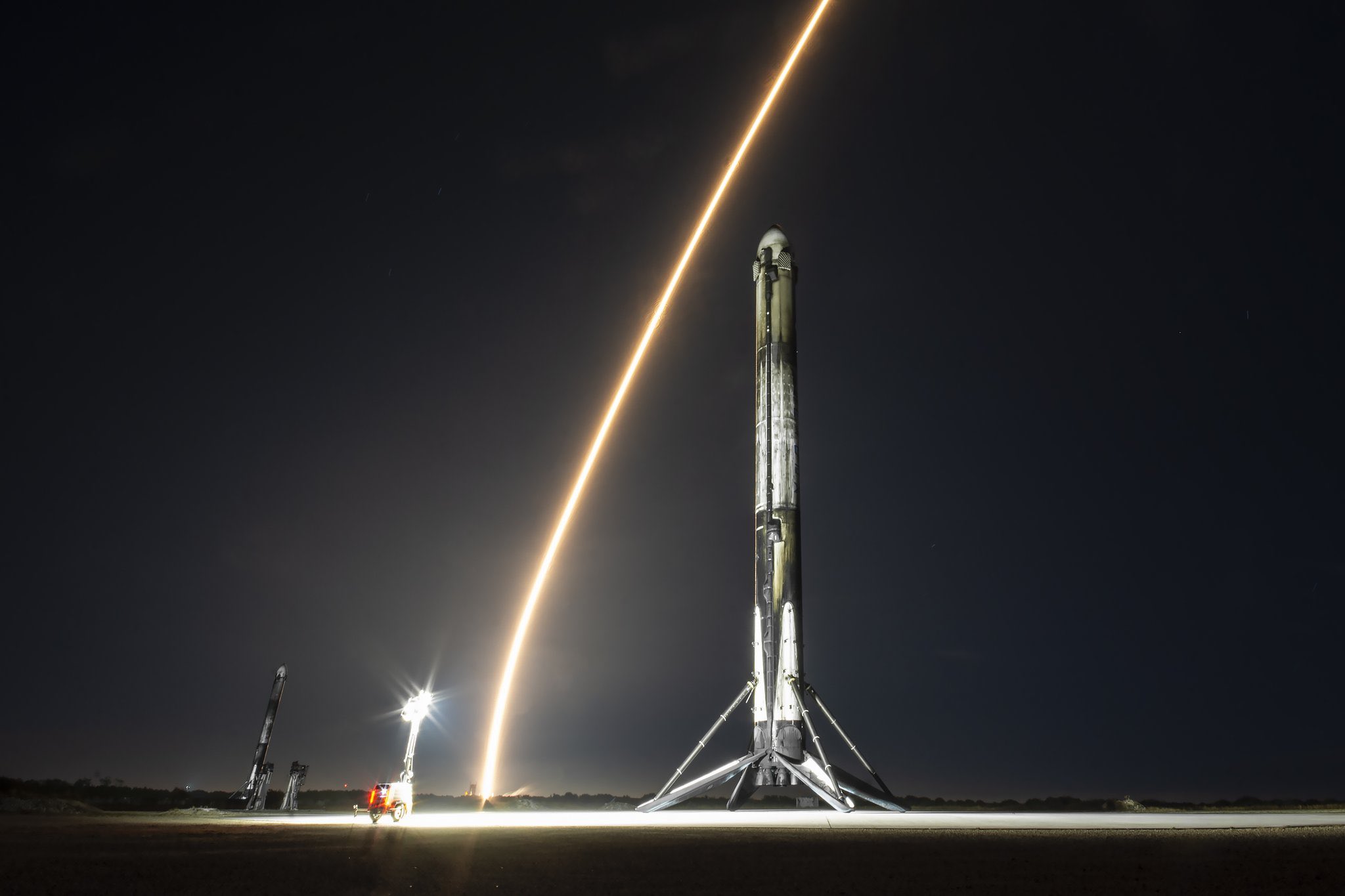Hello!
As part of its Commercial Crew program, NASA picked two private companies in 2014 to develop spacecraft capable of sending astronauts to the International Space Station: SpaceX and Boeing.
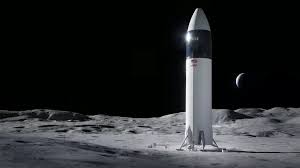 While SpaceX's Crew Dragon quickly became a tour de force, regularly delivering crews to the aging orbital outpost beginning in 2020, Boeing has had far more trouble with its much-maligned Starliner spacecraft.
While SpaceX's Crew Dragon quickly became a tour de force, regularly delivering crews to the aging orbital outpost beginning in 2020, Boeing has had far more trouble with its much-maligned Starliner spacecraft.
The aerospace giant's first crewed test flight this year was riddled with technical issues even before it launched in early June. Ongoing problems forced NASA to reevaluate, choosing to send Starliner back down to Earth without a crew on board last month.
Instead, stranded astronauts Butch Wilmore and Suni Williams are stuck on board the ISS until February, at which point a SpaceX Crew Dragon will deliver them back down to the surface.
The unfolding situation could've looked dramatically different had NASA chosen differently almost exactly a decade ago. As it turns out, NASA almost went all-in on Boeing for its Commercial Crew program, as Ars Technica senior space editor Eric Berger recounts in his latest book "REENTRY: SpaceX, Elon Musk and the Reusable Rockets that Launched a Second Space Age," which was published on Tuesday.
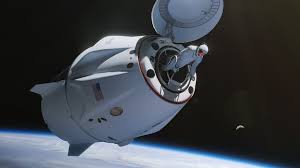 As detailed in an excerpt published by Ars this week, the space agency came incredibly close to allocating its entire Commercial Crew budget to Boeing.
As detailed in an excerpt published by Ars this week, the space agency came incredibly close to allocating its entire Commercial Crew budget to Boeing.
Alongside Boeing, SpaceX and Sierra Nevada were also bidding for a lucrative multibillion-dollar contract with NASA. The process was simple: the company asked for a set price and was awarded the amount if the agency chose it for the contract.
Instead of trying to underbid the competition, Boeing told NASA it needed the agency's full budget — and as Berger wrote, the "gambit very nearly worked."
By the time NASA had some time to evaluate the three companies' proposals, the number of players quickly shrunk to just two: Boeing and SpaceX.
"We really did not have the budget for two companies at the time," NASA's head of the Commercial Crew program Phil McAlister told Berger. "No one thought we were going to award two. I would always say, 'One or more,' and people would roll their eyes at me."
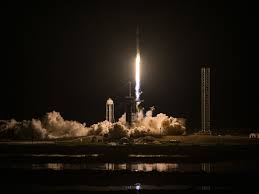 Boeing came in at a considerable $4.2 billion while SpaceX asked for $2.6 billion. Ironically, given Boeing's ongoing problems with its Starliner, Boeing received an "excellent" rating for its ability to meet NASA's requirements, while SpaceX only got a "very good" rating.
Boeing came in at a considerable $4.2 billion while SpaceX asked for $2.6 billion. Ironically, given Boeing's ongoing problems with its Starliner, Boeing received an "excellent" rating for its ability to meet NASA's requirements, while SpaceX only got a "very good" rating.
However, SpaceX's bid was low enough for NASA to consider picking it in addition to Boeing.
Nonetheless, during an August 6 meeting at NASA HQ, an overwhelming number of the convened advisory board members picked Boeing when they were asked for an opinion.
"It was not groupthink; it's just that everyone at the time was comfortable with Boeing," McAlister told Berger. "SpaceX had only been flying cargo to the space station for two years."
But at the very last minute, NASA's Commercial Crew contract had to be "hastily rewritten," per Berger, to include SpaceX as a "follower," while Boeing was the "leader," getting the majority of the funding.
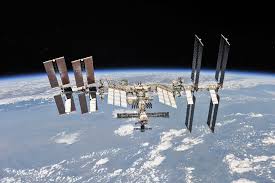 Berger's detailed insight paints a fascinating picture of what went on behind closed doors at NASA. Of course, in retrospect, the agency clearly made the right call: SpaceX's Crew Dragon has proven invaluable, especially with growing US-Russia tensions following the invasion of Ukraine forcing NASA to limit its reliance on Soyuz spacecraft.
Berger's detailed insight paints a fascinating picture of what went on behind closed doors at NASA. Of course, in retrospect, the agency clearly made the right call: SpaceX's Crew Dragon has proven invaluable, especially with growing US-Russia tensions following the invasion of Ukraine forcing NASA to limit its reliance on Soyuz spacecraft.
However, Boeing's continuous stumbling with Starliner spacecraft suggests NASA would've been far worse off without the help of Elon Musk's space company — a close call that could've impacted the fate of the ISS and the country's presence in Earth's orbit.
Thank you!
Join us on social media!
See you!

